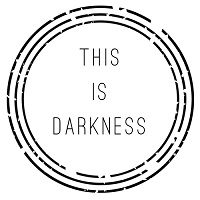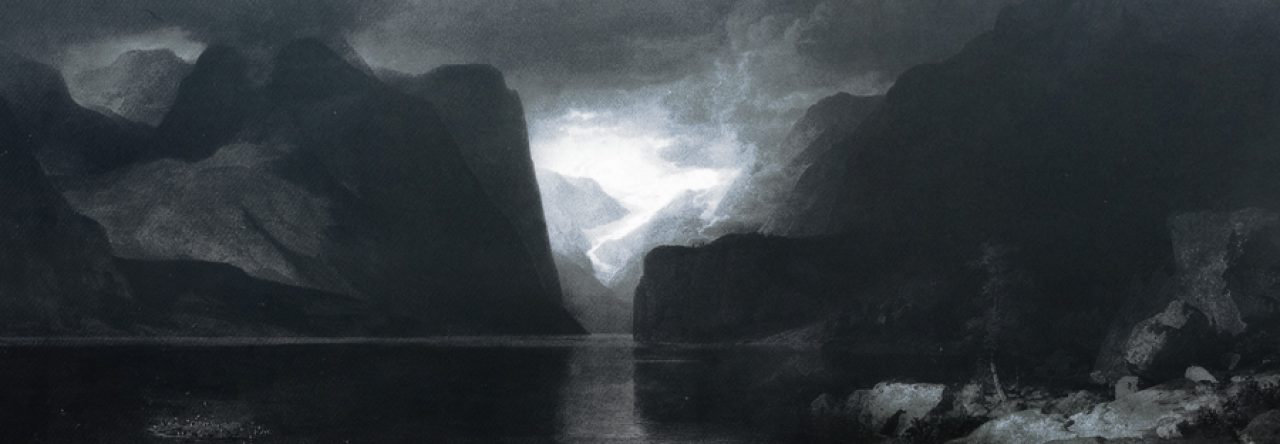7. Samples
a. Where do you go to find samples?
Mebitek: I record them, myself.
Seesar: I create my own samples.
Skadi: If required, I check Nord Sample Library for ambient, soundscape, effects, and natural sounds collections. Quite often, they are a good source of inspiration.
protoU: Lately, I’ve been crafting/recording them myself. But, I also use resources like freesound.org and similar ones.
Shrine: There are tons of free sounds on freesound.org. There are also countless paid sample libraries of a good quality all over the internet, for reasonable prices. But most often, I create samples, myself.
Sonologyst: Everywhere: everyday life, music, movies, documentaries, vinyl, VHS, NASA web site, specialized platforms for samples sharing…
Ugasanie: Everywhere: forest, city, factory, buildings … anywhere.
b. What samples would be off-limits in a legal sense?
Aegri Somnia: That’s a controversial question.
Atrium Carceri: Depends on if your music is aiming to be copyrighted and included in copyright audio services (like Youtube’s claim system). If so, any samples you didn’t create yourself are off limits, since you can’t copyright what you didn’t create. Youtube will hunt down any other audio using the samples YOU used and claim that you own the copyrights to them. No label wants to deal with the backlash of something like that. For us at Cryo Chamber, 30% of demos are rejected because of sample use.
Mebitek: For any copyrighted sample, you need to have permission for use in your tracks.
Seesar: Any sample for which you do not have permission to use, would be off limits. Be sure to familiarize yourself with licensing laws in your country. Most legal systems allow for certain types and lengths of samples to be used. They also allow for extensive creative commons sampling, which only requires you to acknowledge the creator of the sample. Some levels of licensing requires that you pay royalties on samples, when you make money off of the track in which they are used. Others require an up-front one time payment, whilst others require all of the above. Make sure you have permission to use a sample before mixing it into your track!
Skadi: Using sampled passages of someone else’s musical works without permission. However, I am fine, if someone would sample my work in parts. As long as the samples are not whole passages of my creative work.
Shrine: The copyrights of the samples you can find online are usually well regulated, some are free under creative commons license, others are paid. Some even require a license subscription (annual payment). But, if the question is about sampling someone else’s work, then I don’t know. I personally think, if you use a sample created by somebody else, your best option is to transform it drastically, so it becomes something else, something made by you. Of course, this is true for musical “played” sounds. If it’s field recordings, then I guess it doesn’t matter. Field recordings are not “played”, just recorded by somebody.
Sonologyst: There are a lot of free samples around, or ones which are simply usable by asking the owner for permission. But, for more specific knowledge of the argument, I suggest to read the related laws of the source origin country.


Leave a Reply